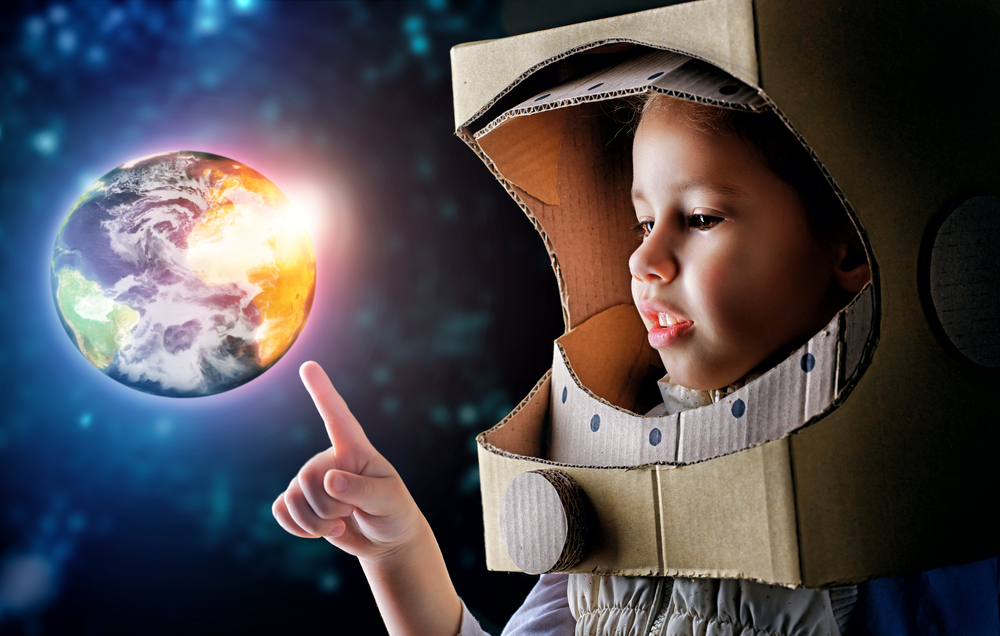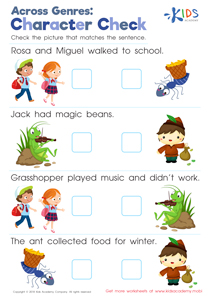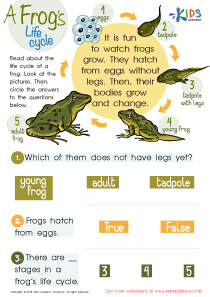2-ESS2-2 2.Earth’s Systems worksheets With Answers for Grade 2
4 filtered results
Difficulty Level
Grade
Age
-
From - To
Subject
Activity
Standards
Favorites
With answer key
Interactive
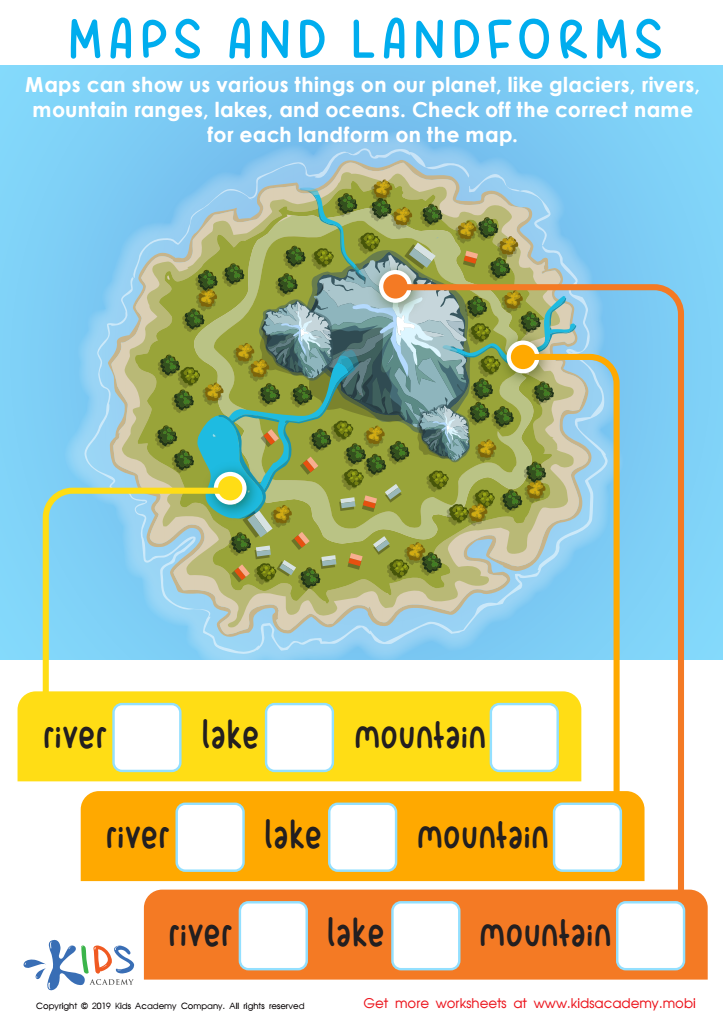

Maps and Landforms Worksheet
We can educate our kids on the world and its landforms by showing them a map. Point out mountains, rivers, and oceans, and help them identify each correctly. With this knowledge, they will better understand our planet.
Maps and Landforms Worksheet
Worksheet
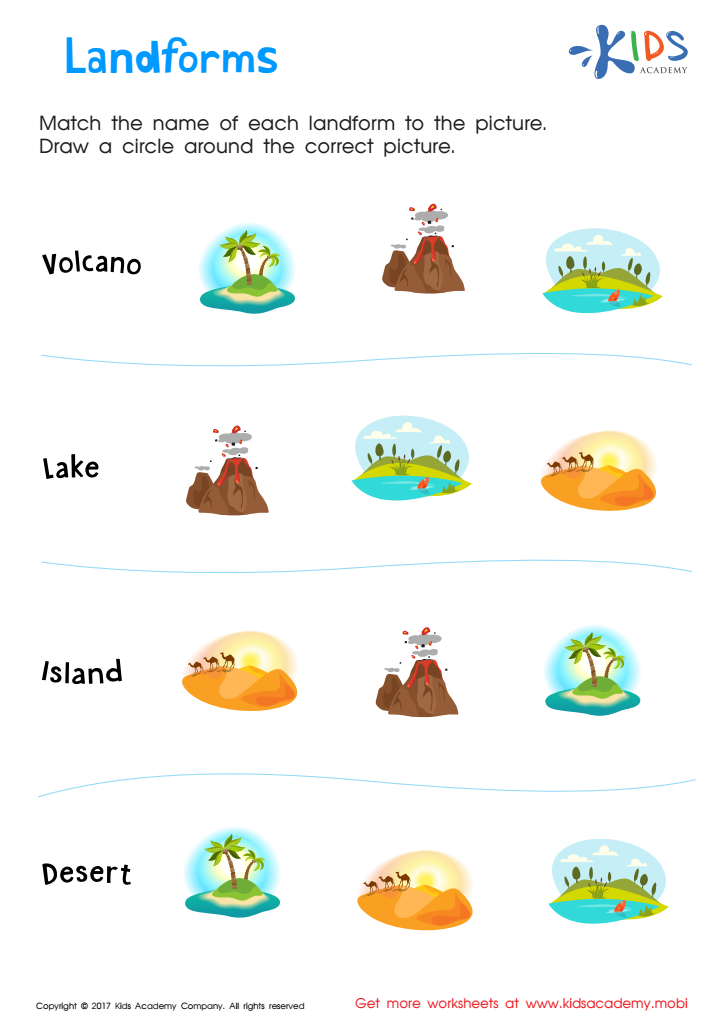

Landforms Printable
Guide them with this worksheet and unlock the door to exploration. Introduce your child to different landforms with this printable worksheet to help them understand different terrain. It encourages critical thinking and knowledge application so they can form an appreciation for the world. Open the door to exploration today!
Landforms Printable
Worksheet
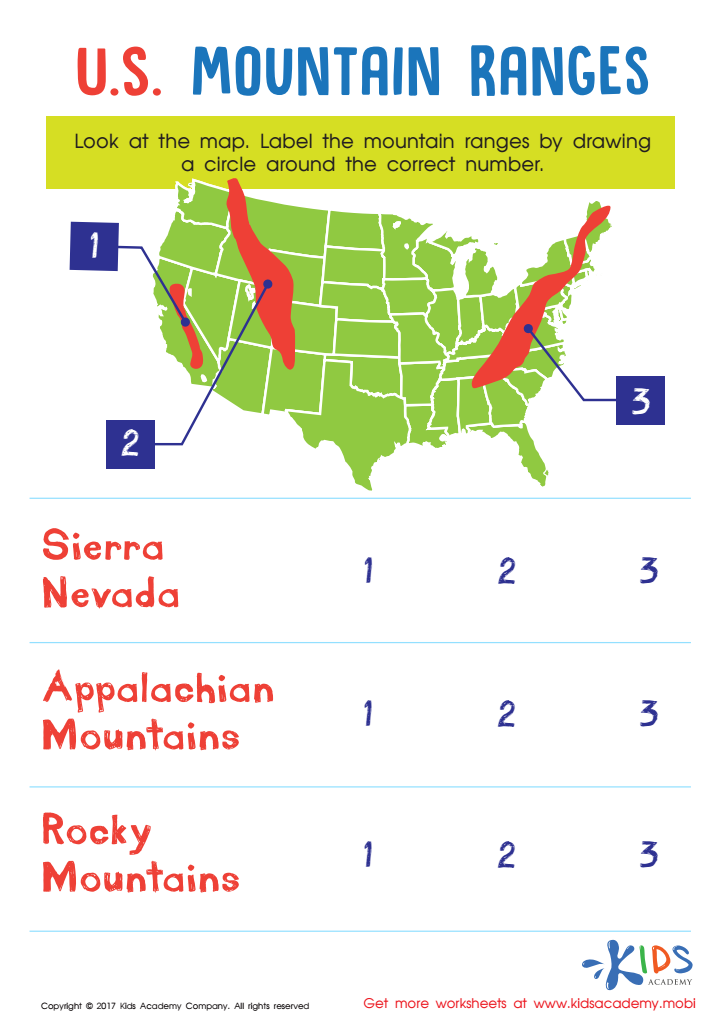

US Mountain Ranges Worksheet
Introduce your little one to the U.S. with this Mountain Ranges worksheet! It'll help them recognize the major ranges and locate them on a map, sharpening their map skills.
US Mountain Ranges Worksheet
Worksheet
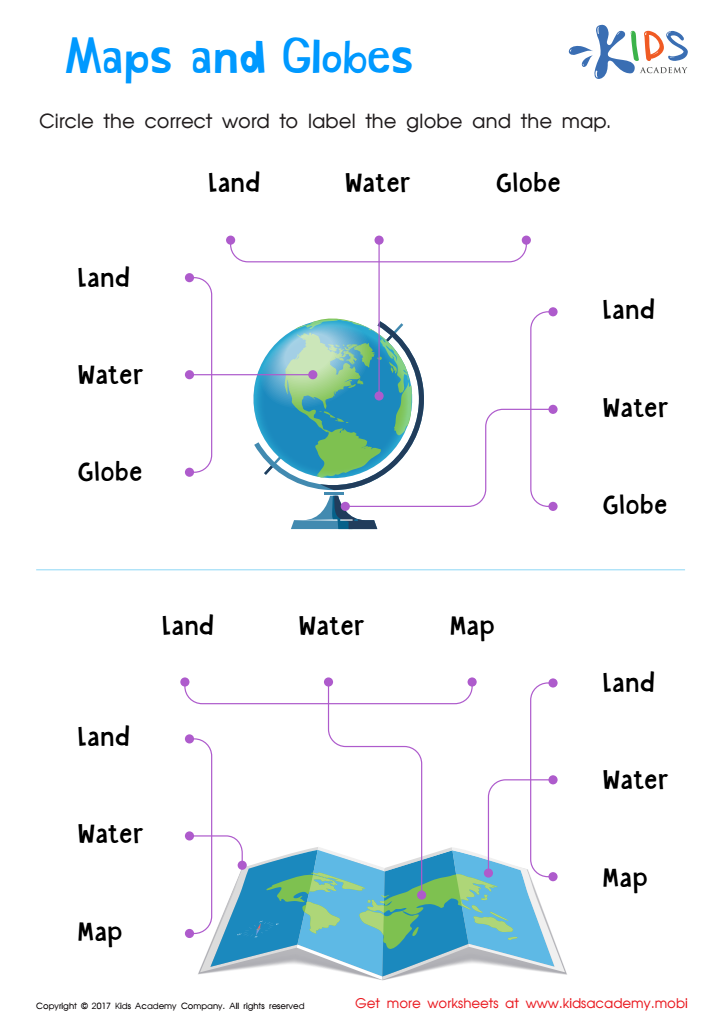
 Assign to the classroom
Assign to the classroom


